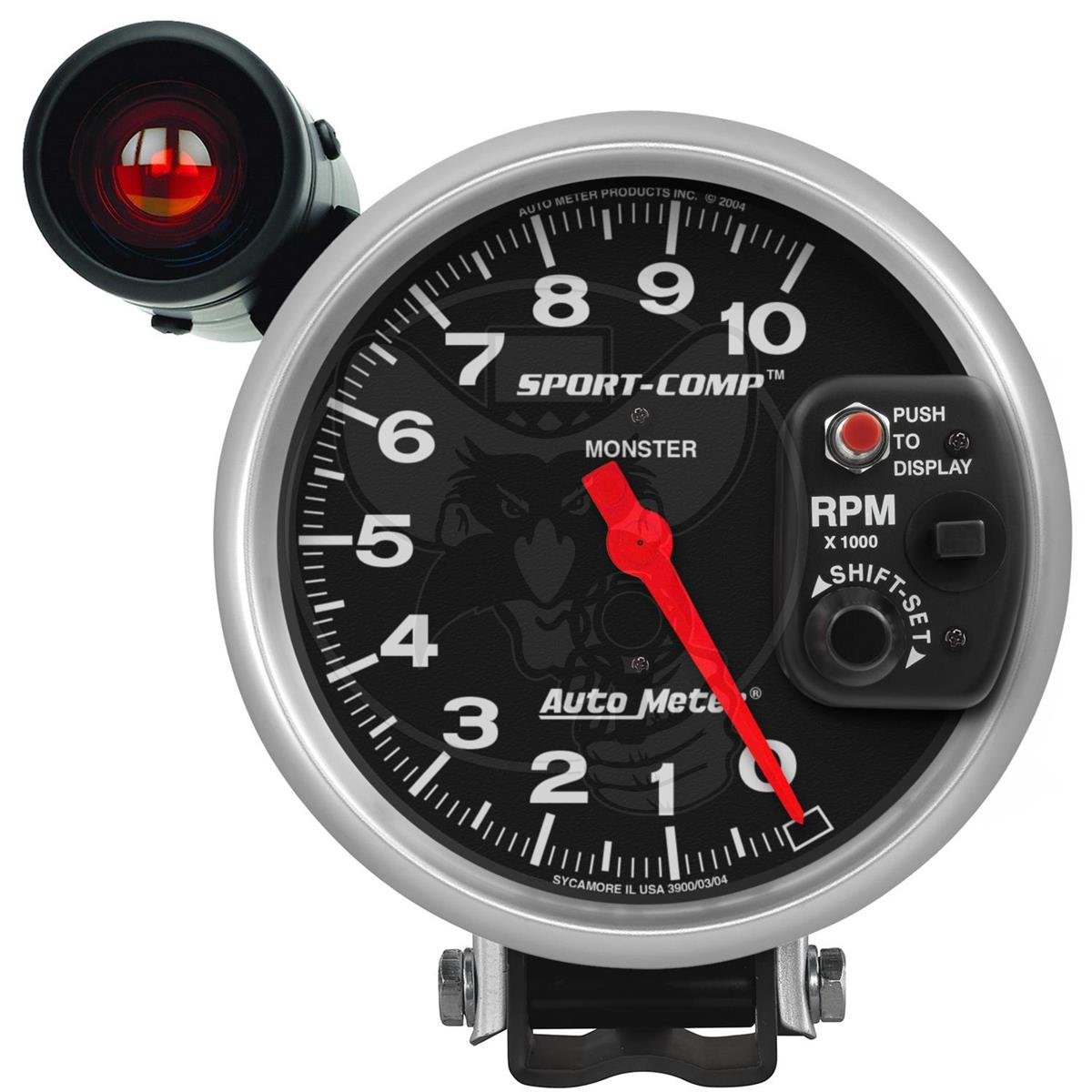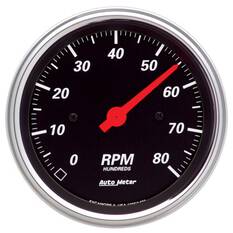Leading Reasons Why Every Driver Needs a High-Quality Tachometer
Leading Reasons Why Every Driver Needs a High-Quality Tachometer
Blog Article
Trick Reasons Why Having a Tachometer Is Necessary for Maintaining Engine Health And Wellness and Performance
This simple yet vital tool plays a crucial duty in the maintenance of an engine's wellness and performance. By giving real-time information on engine rate and RPM degrees, a tachometer supplies invaluable understandings that straight influence the efficiency and long life of the engine. Allow's check out the crucial reasons behind its essential function in preserving engine health and efficiency.
Preventing Engine Over-Revving

To secure the engine from prospective damage, it is imperative to apply actions that stop over-revving, a method that can result in costly fixings and minimized engine life expectancy. Over-revving happens when the engine's rotational speed goes beyond the optimum restriction established by the producer, causing unnecessary anxiety on internal parts such as pistons, shutoffs, and connecting poles. This too much stress can lead to mechanical failings, consisting of bent valves, damaged pistons, and even devastating engine failure.
One effective measure to stop over-revving is the setup of a rev limiter. A rev limiter is a device that manages the maximum RPM (transformations per minute) of the engine by either reducing off gas flow or trigger to the engine when the pre-set limit is gotten to. Additionally, enlightening chauffeurs and drivers on the importance of checking engine RPM with the tachometer can aid prevent unexpected over-revving. Regular maintenance checks to make certain the engine is in optimum condition can likewise assist in avoiding over-revving cases and prolonging the engine's life expectancy. By taking on these preventive actions, the risk of engine damages as a result of over-revving can be considerably lowered.
Maximizing Gas Intake
Reliable gas consumption plays an important function in making the most of the performance and sustainability of an engine. tachometer. Enhancing fuel usage not only assists in minimizing operational prices but also minimizes the environmental impact of vehicle emissions. By utilizing a tachometer to monitor engine speed and readjust driving behaviors as necessary, vehicle drivers can attain far better gas effectiveness
Maintaining a stable pace and staying clear of abrupt velocities and decelerations can considerably improve gas economic situation. In addition, appropriate gear selection based upon the tachometer analyses guarantees that the engine operates within its optimum variety, resulting in more reliable gas combustion.
Frequently keeping track of the tachometer can also aid determine any inefficiencies or mechanical concerns that may be affecting gas consumption. As an example, an abrupt increase in gas usage without a corresponding adjustment in driving practices could suggest a problem that calls for interest.
Monitoring Engine Health And Wellness
Monitoring engine health is necessary for ensuring optimal performance and long life of the car. By using a tachometer to keep an eye on engine speed, chauffeurs can discover abnormalities that might indicate potential concerns with the engine. A tachometer offers real-time information on engine changes per min (RPM), permitting motorists to determine any unusual spikes or decrease in RPM that can signal issues such as misfires, damaged parts, or engine overheating.

On a regular basis keeping an eye on engine wellness via the usage of a tachometer makes it possible for vehicle drivers to attend to problems quickly before they escalate and create substantial damage. Spotting a decline in RPM might indicate gas shipment problems or a clogged up air filter, while an unexpected increase in RPM might direct to issues with the transmission or exhaust system. By remaining alert and responsive to adjustments in engine performance, drivers can stop costly repairs and make certain the general health and effectiveness of their vehicle.
Increasing Engine Lifespan
Making certain the long life of an engine calls for persistent upkeep practices and alert monitoring of crucial performance signs. Expanding an engine's lifespan is vital for reducing general lorry maintenance expenses and avoiding unexpected malfunctions. A tachometer plays a significant function in this facet by providing real-time data on engine rate, permitting drivers and auto mechanics to make enlightened choices to avoid extreme damage.

Additionally, normal upkeep based upon tachometer analyses, such as timely oil modifications and ignition system replacements, can considerably contribute to extending the engine's longevity. In general, incorporating a tachometer into regular engine surveillance techniques is crucial for maintaining the engine's health and wellness and effectiveness over the long term.
Saving Cash on Services
A tachometer assists in checking the engine's RPM (changes per min), allowing chauffeurs to run within the suggested variety. By staying within these ideal RPM degrees, too much pressure on my site the engine can be avoided, reducing the possibility of expensive repair services due to straining the engine.
Moreover, by utilizing the information from a tachometer to exercise smooth acceleration and deceleration, vehicle drivers can prolong the life expectancy of their lorry's components, ultimately conserving cash on maintenance and replacements. Overall, the insights offered by a tachometer encourage drivers to make informed decisions that can stop unneeded damage on the engine, leading to considerable cost financial savings in the future.
Conclusion
Finally, a tachometer plays a try this vital duty in maintaining engine health and efficiency by avoiding over-revving, enhancing fuel usage, checking engine wellness, expanding engine life-span, and conserving cash on fixings. It is an essential device for ensuring that the engine runs More Info within secure restrictions and executes at its ideal, inevitably adding to the durability and general performance of the car.
Report this page